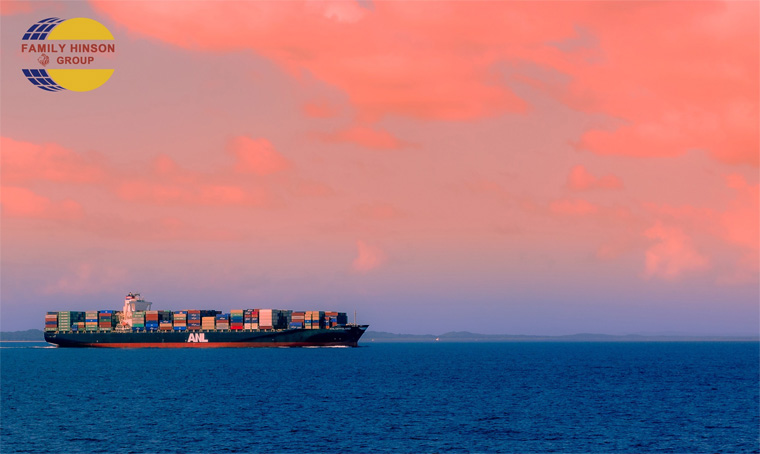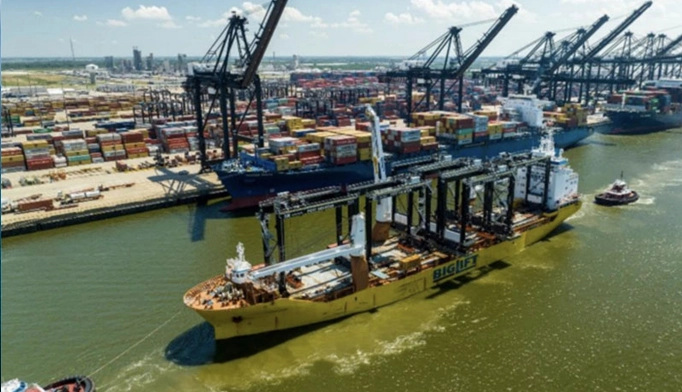2024/03/25

“In the initial septet of weeks of 2024, the volume of cargo traversing to and from the ports nestled along the Gulf of Aden and the Red Sea witnessed a 21% year-over-year diminution. The influx of vessels into these harbors experienced a marked decrease, as the merchant marine increasingly eschewed passage through this locale, spurred by apprehensions of assaults on their vessels by the Houthis,” articulated Niels Rasmussen, the principal shipping analyst at BIMCO.
Commencing in November 2023, Houthi factions have launched attacks on maritime vessels navigating the Red Sea and Gulf of Aden. By December, a majority of container and gas carriers commenced circumventing the area, and by January, a pronounced decline in transits was observable across the majority of sectors.
As of February, the tally of ships making their passage through the Gulf of Aden and the Suez Canal plummeted to 50% and 37% below the previous year’s figures, respectively. Transits by container ships through both the Gulf of Aden and the Suez Canal have dwindled by 70%. Before these hostilities, the Suez Canal facilitated approximately 10% of worldwide commerce.
“The onslaughts on maritime vessels in the Red Sea are impinging directly upon the capacity of nations in the vicinity to import and export goods. Even in instances where alternative export conduits are available, these are often accompanied by heightened costs, protracted durations, and limitations on capacity,” Rasmussen remarked.
Saudi Arabia, Jordan, and Egypt possess the means to circumvent the Red Sea, with Saudi Arabia and Jordan capable of routing cargo through, for instance, Dammam in the Persian Gulf, while Egypt can depend on its Mediterranean ports like Alexandria and Damietta. Nonetheless, rerouting presents challenges for all but container cargoes.
Other nations seem bereft of feasible alternatives to Red Sea maritime routes, and any endeavors to convey cargo overland would likely encounter formidable obstacles. As a result, shipments in Sudan, Somalia, Eritrea, and Yemen have thus far experienced a 25% year-over-year decline in 2024. Djibouti stands as a notable exception, where shipments have maintained stability.
The deteriorating conditions could impinge upon the economies and potentially exacerbate instability in several regional economies already beleaguered by armed conflicts. The turmoil in the Red Sea has compounded the challenges faced by Yemen, Sudan, and Somalia in receiving international aid and could precipitate an escalation in the cost of essential commodities.
“A coalition led by the United States and a maritime operation recently initiated by the European Union have been deployed with the objective of safeguarding vessels in the Red Sea. Nevertheless, the attacks persist unabated, and the future outlook remains shrouded in uncertainty. Until a resolution is found, the regional economies will persist in shouldering the burden,” Rasmussen concluded.


